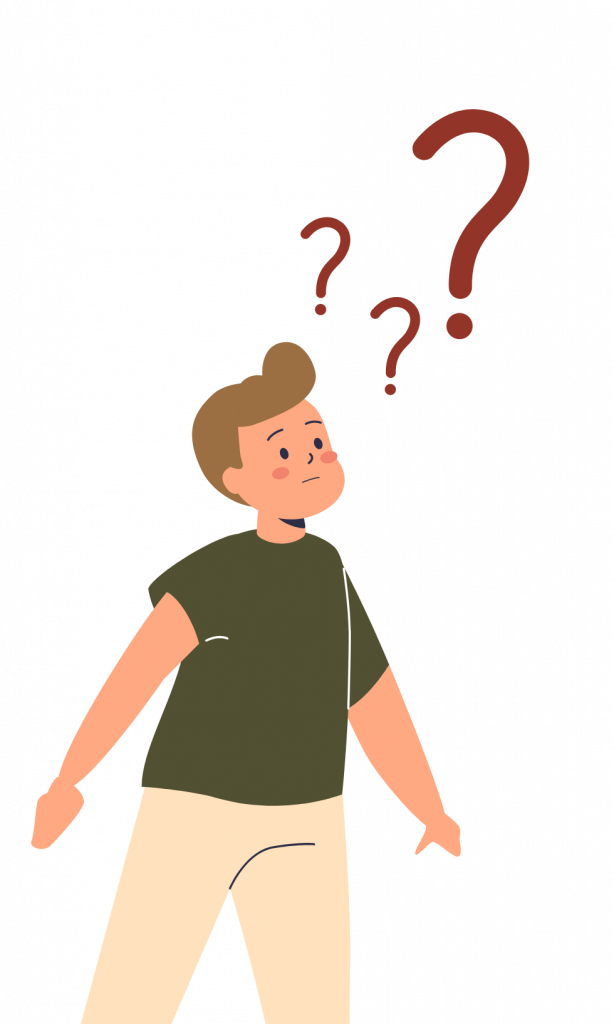

Stress
What Is Stress?
Stress is your body reacting and responding to changes or challenges in your world. How you respond to stress will be different for different situations. It depends on the type of stress.
Types of Stress
There are 3 types of stress.
- Positive Stress is a normal part of life and development. It can help you learn how to deal with bigger things in your life. Positive stress can even be from something you enjoy, like a rollercoaster, performing, or competitive sports.
- Tolerable Stress is more serious than positive stress. It can be from longer lasting or more difficult challenges. This could be like a breakup or a death. These can be really challenging to deal with, but positive coping skills and healthy relationships can help!
- Toxic Stress is severe stress which happens often or over a period of time. This could be from abuse, a parent/caregiver having a mental illness or addiction, seeing violence, and more. Toxic stress occurs when you do not have a healthy relationship with an adult in your life. It increases the risk of health issues later in life. If you have toxic stress in your life and no supportive adult relationship, find someone to talk to whether that is a counsellor, elder, spiritual leader, or a hotline. Find what works for you!
Coping with stress is very important. It helps to keep you healthy!

Signs of Stress
Stress feels differently for everyone, and it can feel different depending on the situation.
Signs of stress include:
Physical Signs
- Headache
- Tense muscles
- Chest pains
- Tired
- Upset stomach
- Issues sleeping
- Butterflies in your stomach
- Tingling sensation in your hands or feet
- Changes in breathing
- Repeated yawning
- Feeling flushed/turning red
Mood
- Restlessness
- No motivation
- Inability to focus
- Overwhelming feelings
- Feeling irritable or angry
- Sad
- Anxiety
- Daydreaming
Actions
- Eating more or less
- Snapping at others
- Using drugs or alcohol to cope with the stress
- Isolating from others
- Not doing things you enjoy
How to Cope With Stress
Dealing with stress is very important! It helps to keep you healthy.
Coping Skills are how we deal with stress. It is important to have many different coping skills because we may not be able to use each coping skill all the time.
Healthy coping skills help you deal with stress, solve problems, and help you remain in the present moment. Not every healthy coping skill will work for you. It is about finding what helps you.
Healthy coping skills include:
- Listening to music
- Talking with someone (loved one, counsellor, elder, or spiritual leader)
- Hanging out with friends
- Having a bath or shower
- Getting active
- Going outside
- Deep breathing, relaxation, or meditation
- Doing something creative
- Making to-do lists
- Prioritizing tasks
- Watching a movie
- Reading
Unhealthy coping skills make the stress worse. They might feel good or help you forget what is stressing you out in the moment, but it does not help to reduce stress. It can create more problems.
Unhealthy coping skills include:
- Criticizing yourself
- Harming yourself
- Snapping or being mean to others
- Emotional eating or not eating enough
- Using alcohol or drugs
- Avoiding friends
Resources
If you would like to speak to someone about mental health issues, the Alberta Health Services Mental Health Help Line is available 24/7, offering information and referrals on any aspect of mental health.
Call toll-free: 1-877-303-2642
Trending Topics
Depression
Depression What Is It? Depression is a mood disorder which means it impacts how a person is feeling. It can cause a person to feel
Accidental Overdose
Accidental Overdose What Is it? An overdose is what happens to someone’s body when they take too much of a substance or too many substances.
Online Relationships
Online Relationships Online can be fun! There are games, music, and videos. We can talk to friends and family online. Tips for Being Safe Online:
Online Relationships
Online Relationships Online can be fun! There are games, music, and videos. We can talk to friends and family online. Tips for Being Safe Online:

